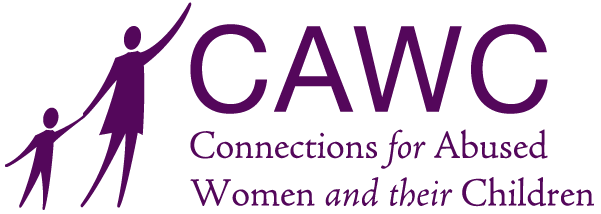Pregnancy is a transformative and vulnerable time in a person’s life. For some individuals, this vulnerability becomes acutely dangerous when it coincides with experiences of intimate partner violence (IPV). Understanding the intersection between pregnancy and IPV is crucial for raising awareness, providing support, and ensuring the well-being of pregnant individuals. Here are some key facts everyone should know about pregnancy and IPV.
What Is Intimate Partner Violence?
Intimate partner violence (IPV) refers to a pattern of abusive behaviors within any intimate sexual or romantic relationship in which one partner seeks to exert power and control over the other. It encompasses various forms of physical, sexual, emotional, and psychological abuse. IPV can occur in both heterosexual and same-sex relationships, and it affects individuals of all genders, backgrounds, and socioeconomic statuses.
The abusive behaviors in IPV may include physical violence, sexual coercion, emotional manipulation, isolation, threats, intimidation, or financial control. It is a serious public health issue that can have long-lasting physical, emotional, and social consequences for survivors.
Key Facts About IPV and Pregnancy
Here are some important things to know about IPV and pregnancy:
- • The prevalence of IPV during pregnancy. Research indicates that between 1 in 6 and 1 in 4 pregnant individuals may experience IPV during their lifetime. The risk of violence often escalates during pregnancy, making it a particularly dangerous time for survivors.
- • Adverse impacts on maternal and fetal health. Exposure to IPV during pregnancy can have serious physical and mental health consequences for both the pregnant individual and the developing fetus.
- • Disproportionately affected populations. Black, Indigenous, and other people of color experience the worst outcomes related to IPV and pregnancy because individuals in these communities are less likely to have access to the care and resources they need to survive it.
- • Barriers to seeking help. Survivors of IPV during pregnancy face unique barriers when seeking help. These may include fear of retaliation, concerns about the impact on their children or future custody arrangements, financial dependence on the abusive partner, lack of support networks, cultural or religious factors, and limited awareness of available resources.
- • The role of healthcare providers. Healthcare providers play a vital role in identifying and supporting pregnant individuals experiencing IPV. Routine screenings for IPV should be integrated into prenatal care to ensure early detection and intervention. Building trusting relationships and providing non-judgmental, confidential care can empower survivors to disclose their experiences and access the help they need.
- • The importance of supportive services. Access to comprehensive support services is critical for pregnant individuals experiencing IPV. These services may include safety planning, counseling, shelter, legal advocacy, and referrals to community resources. Collaboration between healthcare providers, social service agencies, and domestic violence organizations can ensure a coordinated response to meet survivors’ diverse needs.
Stop Intimate Partner Violence With CAWC
At Connections for Abused Women and Their Children (CAWC), we believe that everyone has a right to a life free of violence. Our mission to end domestic violence is rooted in education, service, and advocacy. In addition to working toward broader social change, we provide empowerment-based and trauma-informed support in the form of shelter, counseling, and advocacy to individuals affected by domestic violence and their children.
If you or someone you know is struggling with domestic violence, don’t hesitate to call our 24-hour hotline at (773) 278-4566.
